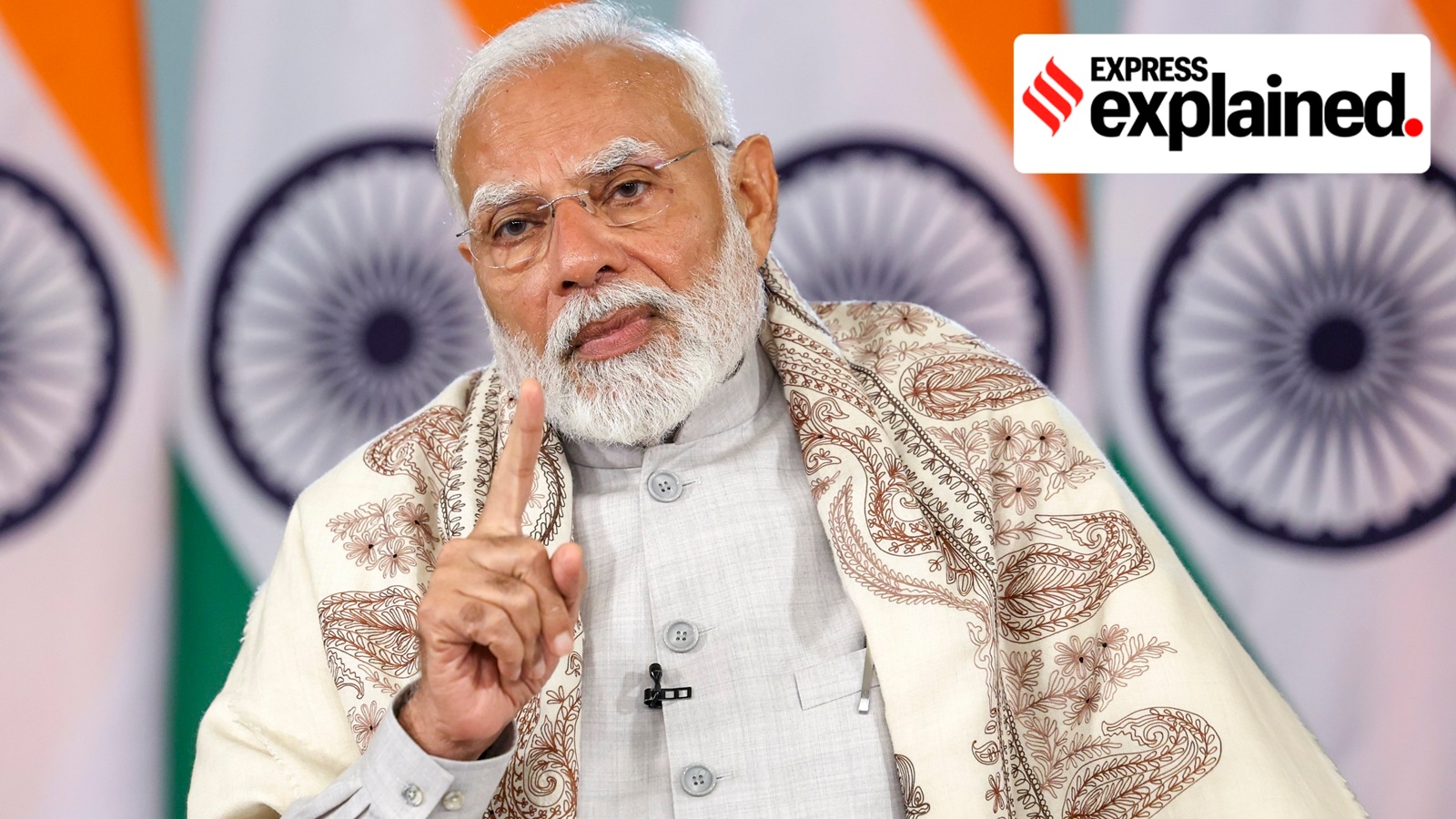 |
|
The SVAMITVA (Survey of Villages and Mapping with Improvised Technology in Village Areas) scheme, a flagship initiative of the Indian government, aims to revolutionize land record management in rural India. Launched by Prime Minister Narendra Modi in 2020, the scheme utilizes cutting-edge technology, primarily drones and Geographic Information Systems (GIS), to create accurate property maps and issue property cards to village residents. This seemingly simple act has profound implications for the economic and social fabric of rural communities, unlocking significant potential for growth and development. The core of the scheme revolves around providing a 'record of rights' to individuals owning property in villages, thereby formally acknowledging their ownership and granting them legal documentation for their land or houses. Prior to SVAMITVA, many rural residents lacked formal proof of ownership, hindering their ability to access essential financial services and participate fully in the economy.
The benefits of SVAMITVA are multifaceted. Firstly, the issuance of property cards enables rural households to use their property as collateral for loans from banks and other financial institutions. This access to credit opens up opportunities for small businesses, agricultural improvements, and overall economic empowerment. The Prime Minister himself highlighted this impact, stating that the scheme has enabled lakhs of people to secure loans and start businesses, significantly boosting economic activity in villages. This financial inclusion is a crucial step in bridging the gap between rural and urban areas, and fostering a more equitable economic landscape. Secondly, the scheme facilitates the determination of property tax, directly benefiting Gram Panchayats (village councils) in states where they are empowered to collect such taxes. This increased revenue stream strengthens the financial capacity of local governance bodies, allowing them to invest in infrastructure and public services within their villages. The improved land records also pave the way for better rural planning and development initiatives.
The implementation of SVAMITVA is a technologically advanced process. It begins with a Memorandum of Understanding (MOU) between the Survey of India (SoI) and state governments. The SoI, leveraging its expertise in topographical mapping, uses drones and satellite imagery to create high-resolution maps of village areas. A Continuously Operating Reference System (CORS) is established to ensure the accuracy of the mapping process. The abadi area (inhabited area) of each village is demarcated, and individual properties are marked. Drones then capture aerial images, which are used to generate detailed GIS-based maps at a scale of 1:500. A rigorous ground verification process follows to ensure accuracy and resolve any discrepancies or disputes. This stage involves community engagement and dispute resolution mechanisms to ensure transparency and fairness. After thorough verification and dispute resolution, the final property cards or 'Sampatti Patrak' are issued to the household owners. These cards are available both digitally and in hard copy format, ensuring accessibility for all.
The progress of SVAMITVA has been substantial. Initially piloted in nine states, the scheme has now expanded significantly, with drone surveys completed in over 3.17 lakh villages. This represents 92% of the targeted villages. Several states and Union Territories have achieved full saturation, indicating the scheme's rapid and effective rollout. The government estimates that the surveyed rural abadi land is valued at a staggering Rs. 132 lakh crore, underscoring the immense economic potential unleashed by the initiative. The success of SVAMITVA is not confined to India; the government is actively promoting this model globally. Plans are underway to showcase the scheme's success at international workshops and conferences, with the aim of sharing best practices and advanced technologies with other nations facing similar land governance challenges. This international collaboration underscores the significance of SVAMITVA as a globally relevant solution to efficient and equitable land administration.
Source: What is the SVAMITVA scheme to issue property cards in villages, who benefits from it and how
